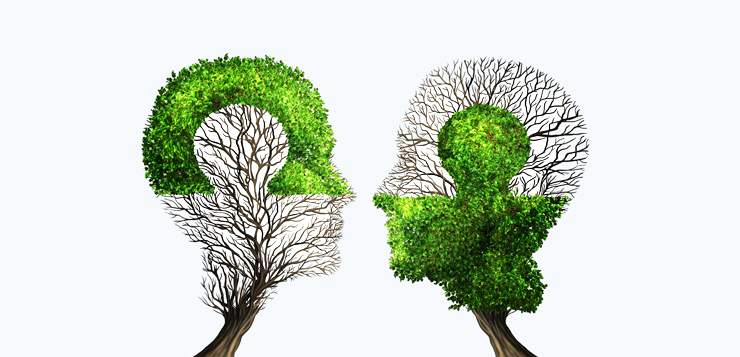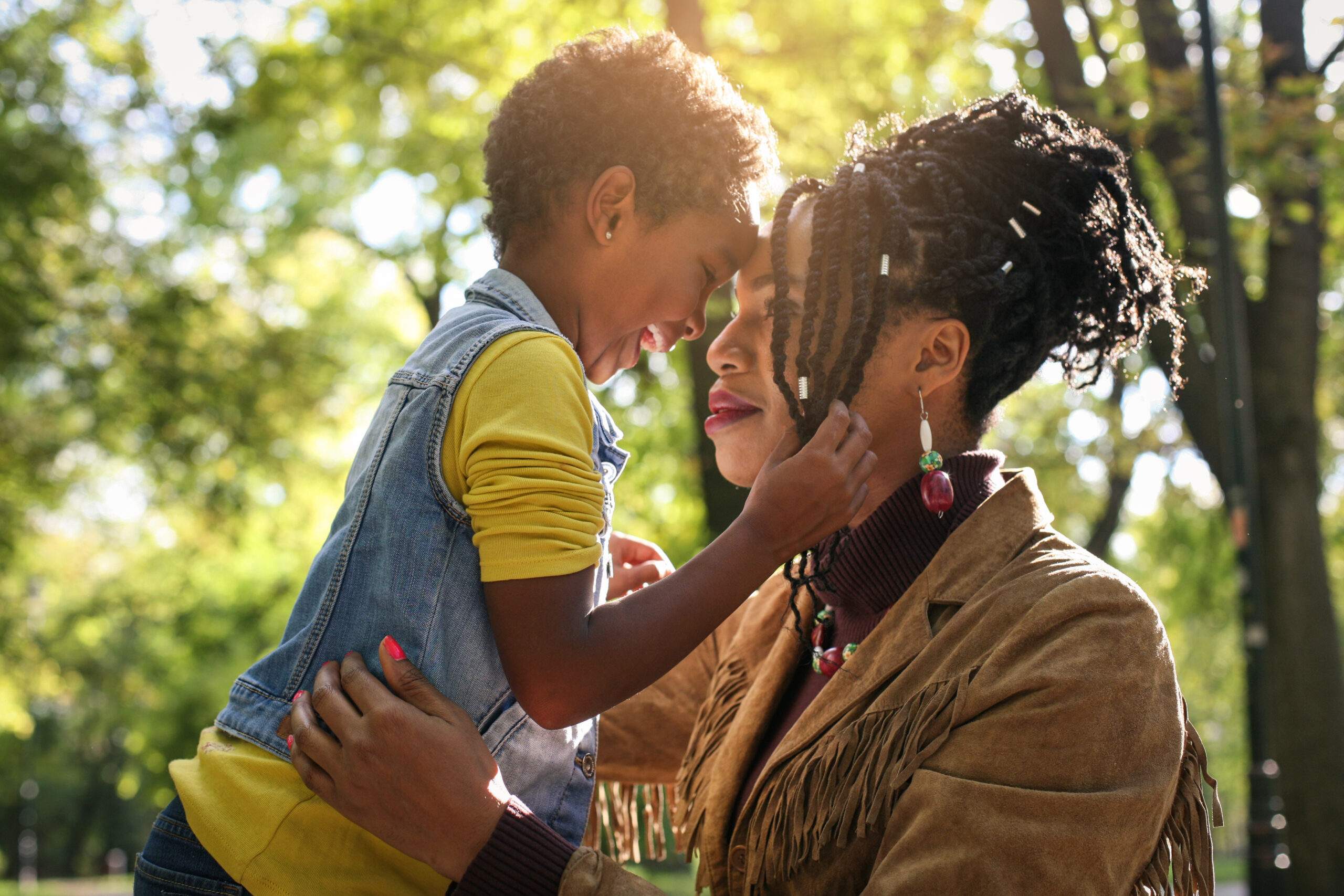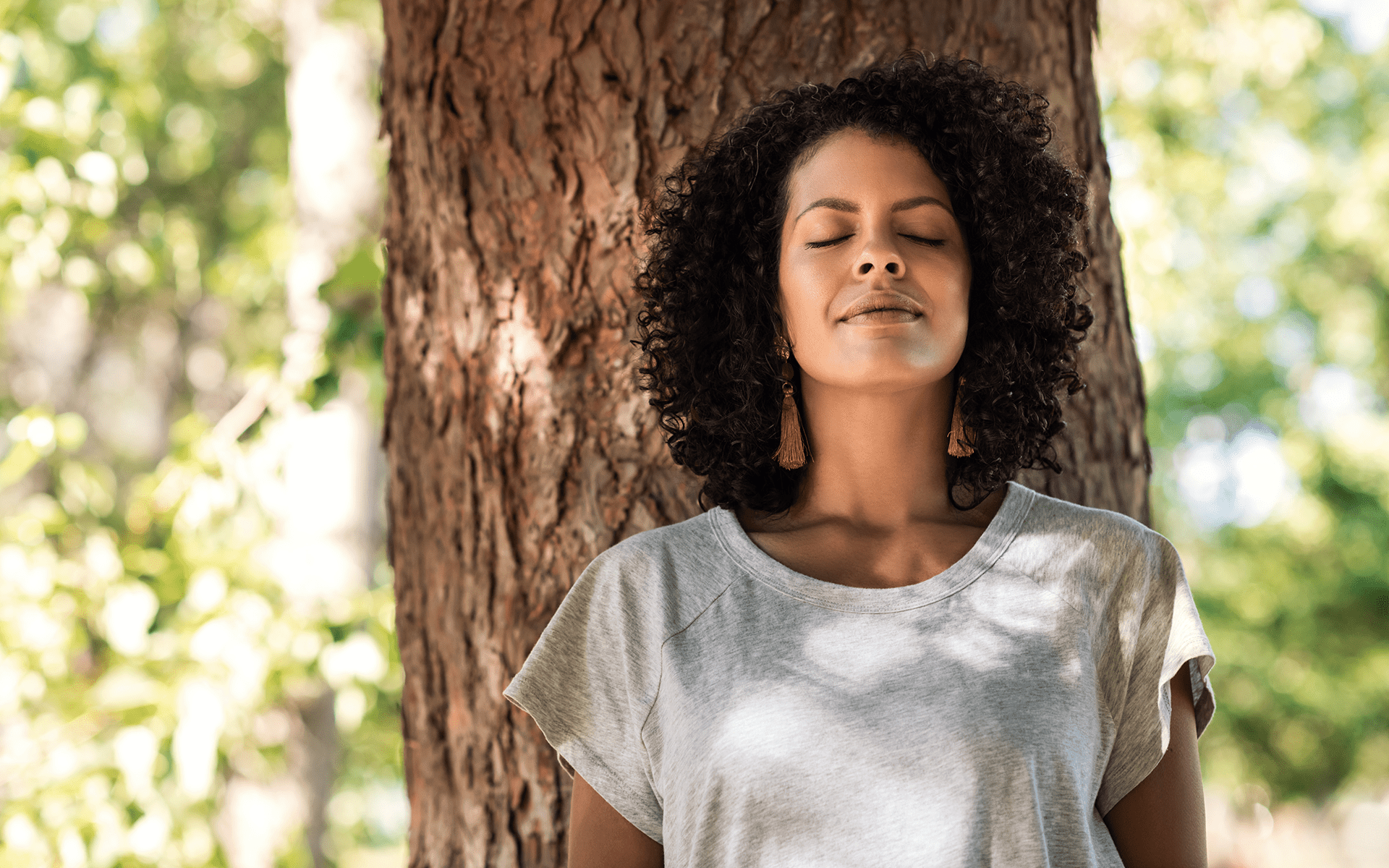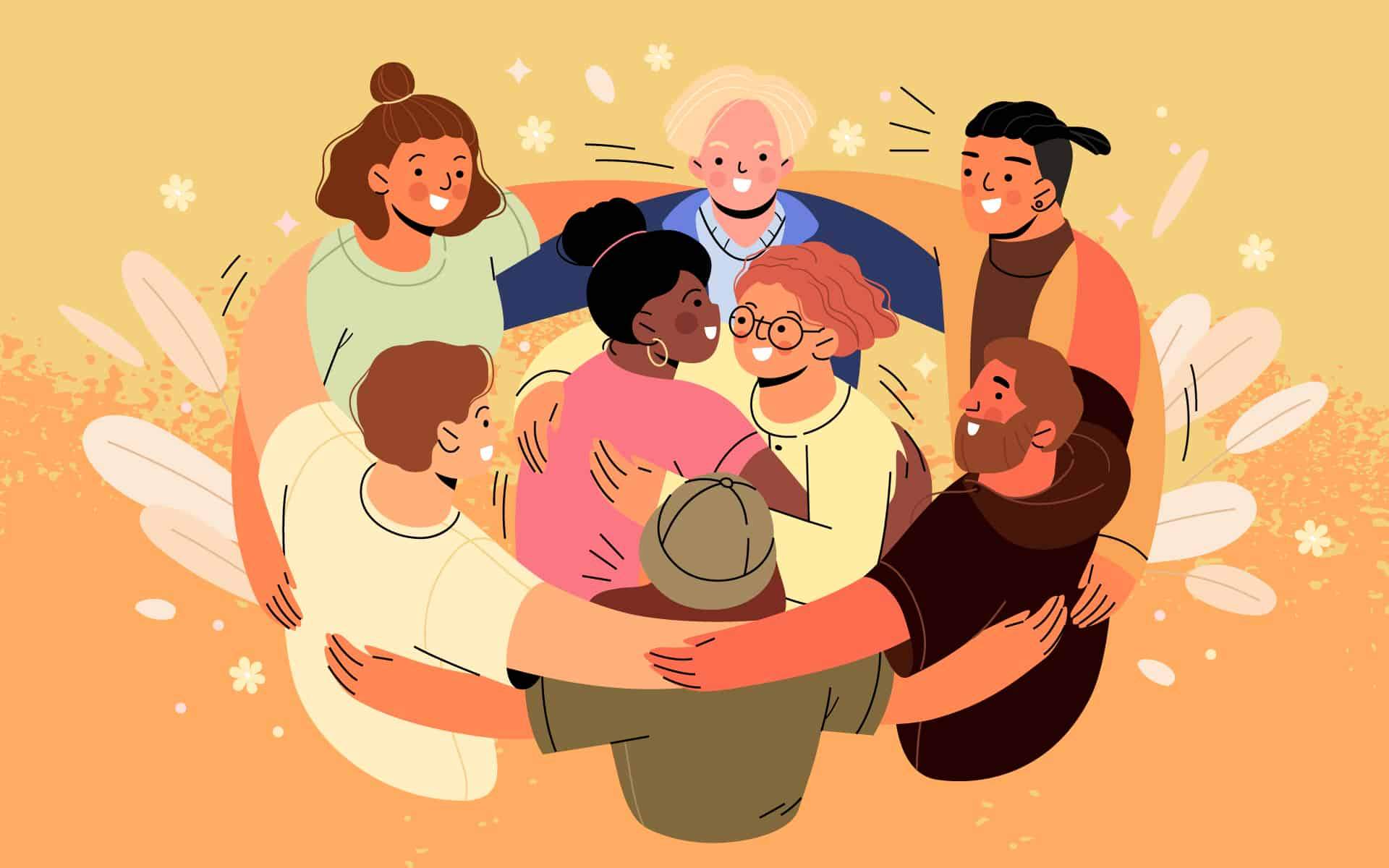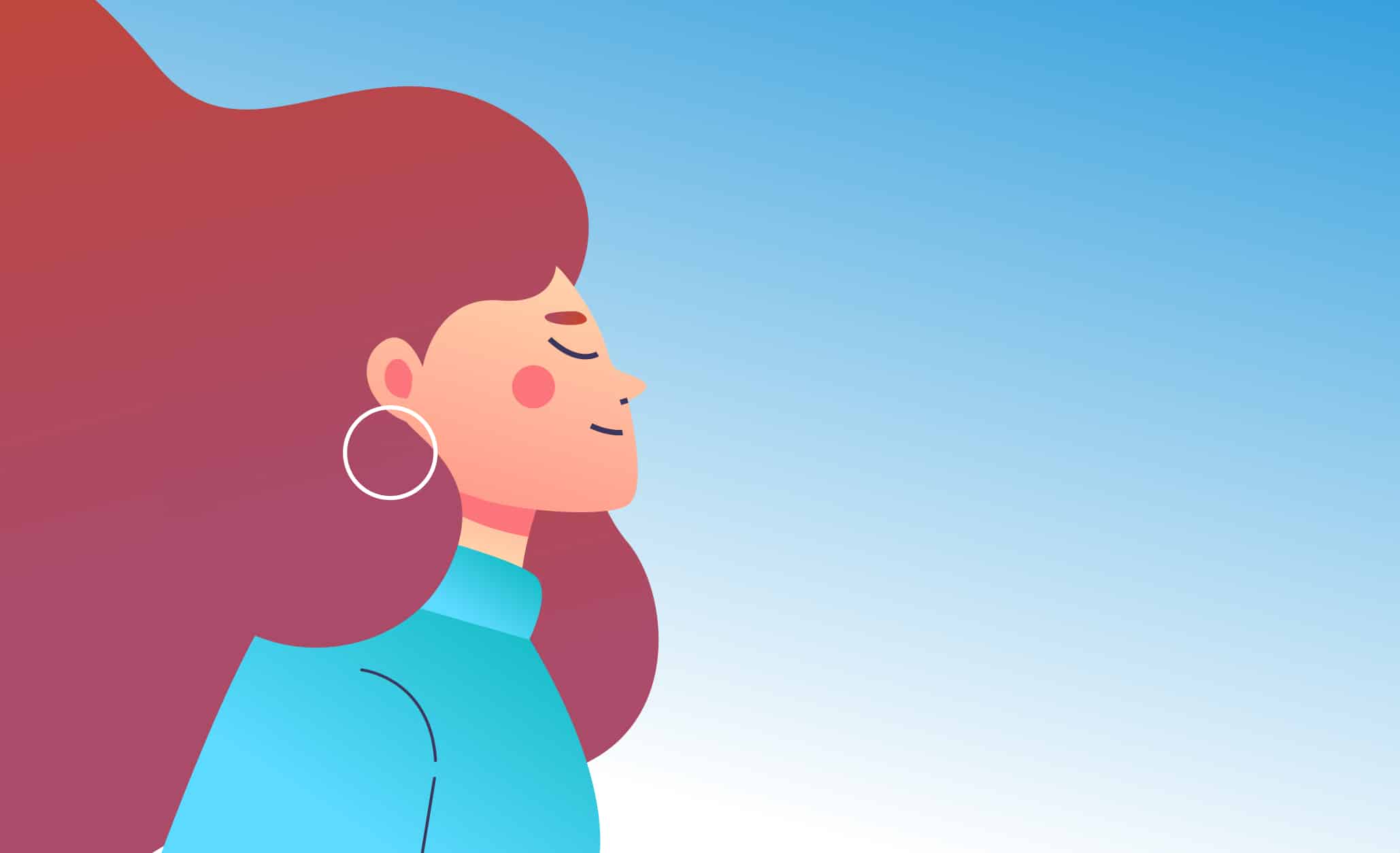A few years ago, a client of mine, we’ll call her Elise, moved to San Francisco and started taking a dance class in order to meet new people. But after several weeks she told me that she wasn’t having luck connecting with any of the people in the class.
Then one day her dance instructor asked her why she always showed up late for class and left right at the end of class. This was an “aha” moment for Elise. She realized that she was actually making herself unavailable to meet new people—She was going through the motions of “being available,” but really she was closing herself off from any chance for connection. As we talked about why she might be doing that, she realized that she carried a lot of anxiety in her body whenever we talked about meeting people. So we looked at how to overcome that anxiety.
Although Elise was “putting herself out there,” she wasn’t present for those key moments when connection might happen—before and after class. She would get stuck in her head, feeling anxious, and not wanting to feel uncomfortable during those unstructured moments.
Because, let’s face it. Sometimes meeting new people is awkward. We want to be able to say the right thing, sound clever, seem informed, or smart, or funny. Somewhere deep inside we know that we are not going to “click” with everyone, but that doesn’t stop us from getting trapped in our heads, thinking about why.
Elise wanted to make real connections with other people, so we worked on helping her feel at home in her own body. Because, the more you understand your own emotions and reactions, the more authentic you will be with other people—and authenticity is an attractive quality. You can practice being present, as you are, with kindness and compassion.
Here are four things you can do to cultivate awareness and trust in yourself, which ultimately will help you trust and connect with others:
Try this positive guided meditation:
Notice your breath. Why do you need to notice your breath? Because by consciously paying attention to our breathing, to our physical bodies, we can become aware what’s happening around us, we can observe how we’re feeling and what we’re thinking.
Welcome discomfort. From this place of focused attention on the breath, notice what you are feeling. If you’re anxious, grumpy, or unsettled, acknowledge that’s how you’re feeling. Be kind to yourself about it. And as you accept yourself and your feelings as they are, you naturally relax so that you’re not absorbed by those feelings.
Breathe into your belly. Take a deep breath. Try imagining meeting new people whom you really get along with. Picture yourself laughing with a group of people. Recognize that connection wants to happen. Say this: “Connection wants to happen if I let it.” Feel your feet on the floor. Send a kind thought out into the world and then receive that kind thought back.Make room for your nervousness:
Ask yourself this question: how do you feel about trust? Sit with that question for a while and pay attention to how your body responds. Do you feel any tightness, knots, shrugs, jitters? These tiny inner body sensations are there for a reason. And you can notice them and acknowledge them, before you have to act on them. If you feel uneasy about trusting people, be kind to yourself about that. Picture yourself responding to the world with confidence, knowing that unease is part of you, too.
Cultivate curiosity:
We’re all naturally curious. Watch any child play and you’ll see that’s true. You can embody curiosity by approaching the people you meet with authentic awareness. Relax your body, roll back your shoulders, take a risk, and ask a question. Engage your sense of wonder and you may be surprised that your anxiety about meeting people has taken a back seat to your curiosity about who you’re talking to.
Pay mindful attention:
If I could give you only one piece advice on how to create connections, it would be to pay attention to the people who are making themselves available to you. I’m not saying you should settle for spending time with people you don’t find interesting. But don’t seek out connections with people who don’t seem to be available to you. Most likely their distance has nothing to do with you and is more about protecting themselves. Our brains can become narrowly focused when we feel rejected and we can blind ourselves to all the love that exists in our lives. Our bodies react more strongly to negative stimuli than to positive stimuli so we’re predisposed to focus on the people who aren’t available. Keep this in mind and continue to mindfully choose love and connection over fear and rejection.
